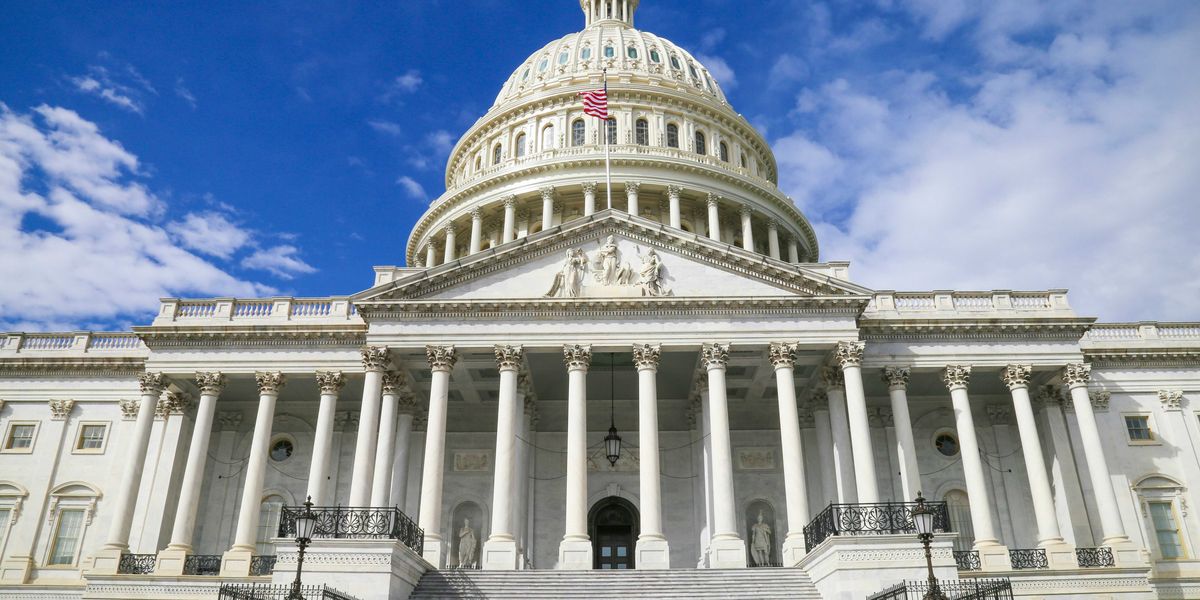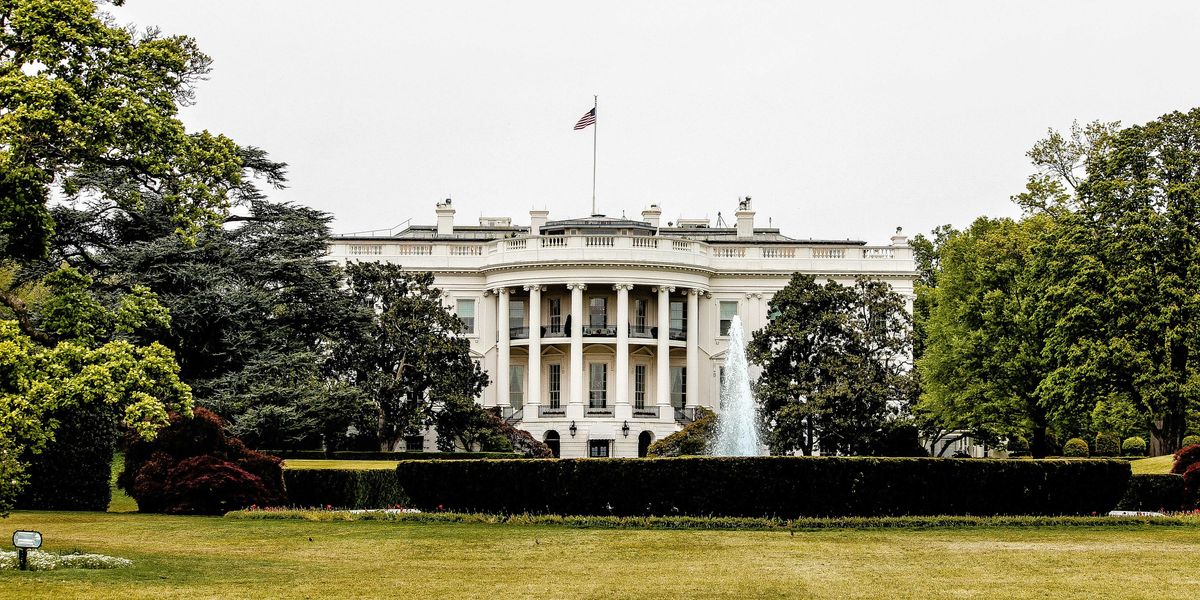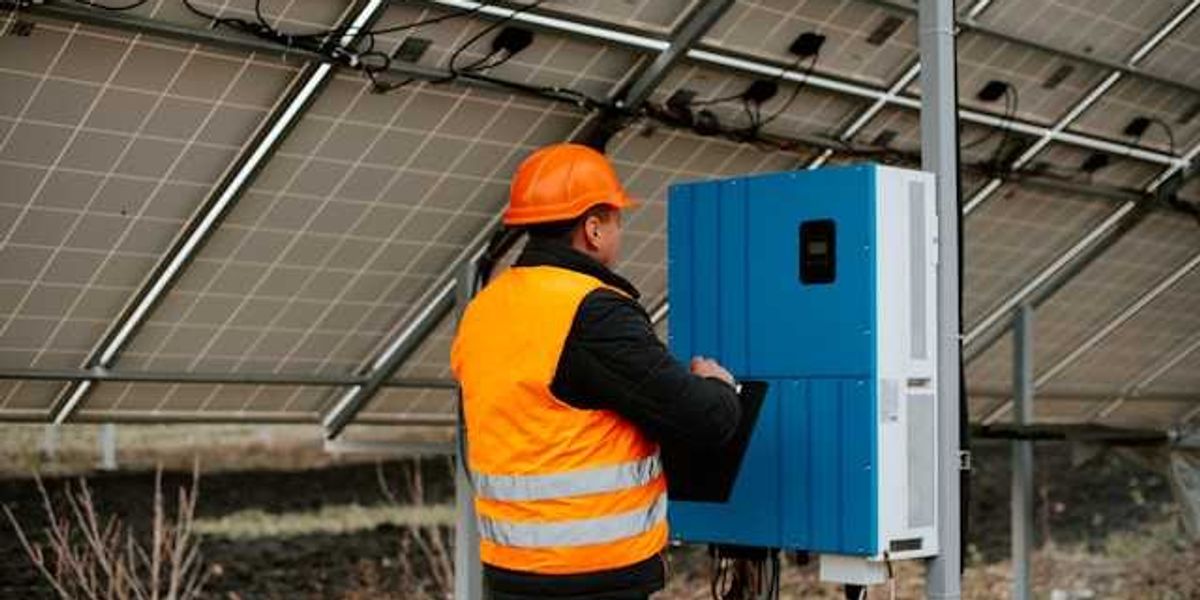US Department of Energy cancels billions in clean energy and carbon capture grants
The U.S. Department of Energy has pulled $3.7 billion in grants for carbon capture and industrial decarbonization, halting dozens of projects that had bipartisan backing and were designed to cut emissions from cement, chemicals, and food production.
Jake Spring reports for The Washington Post.
In short:
- The Trump administration canceled 24 grants aimed at carbon capture and industrial decarbonization, many of which were awarded in the final weeks of the Biden presidency. The Energy Department said the awards lacked adequate financial scrutiny.
- The move affects major corporations like ExxonMobil, Kraft Heinz, and Eastman Chemical, with individual grants ranging from $171 million to $500 million. Projects targeted included hydrogen fuel conversions and emissions cuts from cement and plastic production.
- Though carbon capture has some Republican support, critics on the right argue that the technology is too expensive without subsidies. Climate advocates and Democrats called the cancellations politically motivated and economically shortsighted.
Key quote:
“Choosing to cancel these awards is shortsighted, and I think we’re going to look back at this moment with regret. Locking domestic plants into outdated technology is not a recipe for future competitiveness or bringing manufacturing jobs back to American communities.”
— Steven Nadel, executive director of the American Council for an Energy-Efficient Economy
Why this matters:
Carbon capture and industrial decarbonization are key to cutting emissions from heavy industry — sectors like cement, chemicals, and food production that account for a significant share of global greenhouse gases and are hard to electrify. While carbon capture remains politically controversial, especially among fiscal conservatives wary of its high cost, it has emerged as one of the few climate technologies with bipartisan traction. Pulling billions in planned investment could stall projects that were years in the making, potentially locking in polluting technologies and delaying progress toward net-zero goals. These grants also supported early efforts to convert aging plants into cleaner manufacturing hubs, which many hoped would spark job growth and industrial renewal.
Learn more: Trump’s clean energy rollback puts U.S. manufacturers on edge













